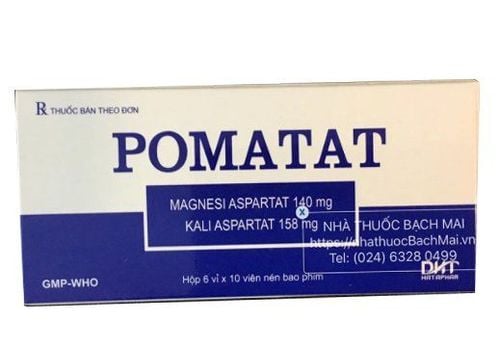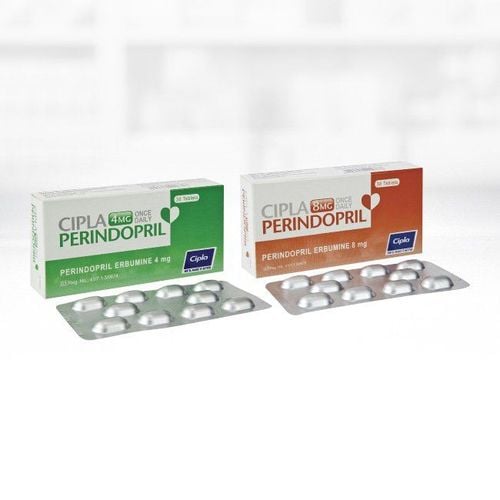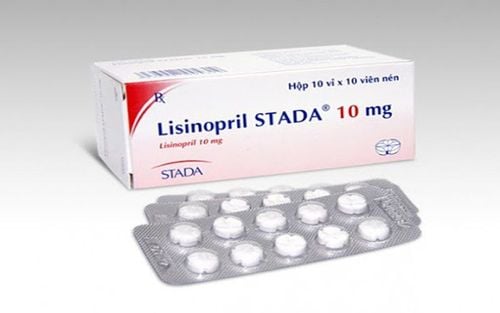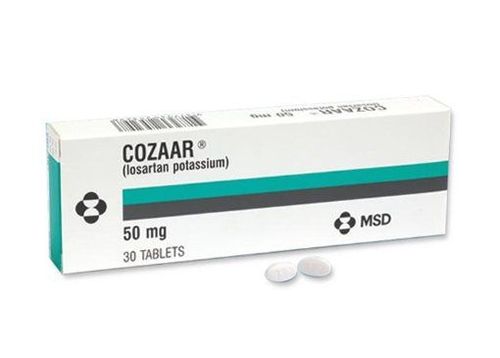This is an automatically translated article.
The article was professionally consulted with Master, Doctor Do Nguyen Thuy Doan Trang - Cardiovascular Center - Vinmec Central Park International General Hospital.There are many methods to treat heart failure such as using drugs, intra-aortic balloon counterpulsation, myocardial resynchronization, pacemaker implantation - defibrillator, implantation of drug support devices, heart transplantation. However, depending on the cause of heart failure, the doctor will choose the most appropriate intervention for the patient's condition.
1. What is heart failure?
Heart failure is a condition in which the heart is not able to supply enough blood for the body's daily activities. Heart failure is a common pathway to most cardiovascular diseases. People with heart failure will have reduced motor functions, reduced quality of life, depending on the level that needs different support.In addition, patients with severe heart failure are at increased risk of death from arrhythmias and episodes of decompensated heart failure. According to the American Heart Association, there are 4 levels of heart failure classified according to functional symptoms and exercise capacity as follows:
Level I: No limitation of daily activities, no shortness of breath, fatigue tired or nervous. Level II: Slight limitation of physical activity, at rest, the patient is normal, normal physical activities make the patient nervous, short of breath, tired, chest pain. Level III: Limits a lot of physical activity, although the patient is normally healthy at rest, but only mild exercise has also appeared functional symptoms. Level IV: Any degree of physical activity causes discomfort to the patient, the symptoms appear immediately after the patient rests, even light exercise increases the functional symptoms.
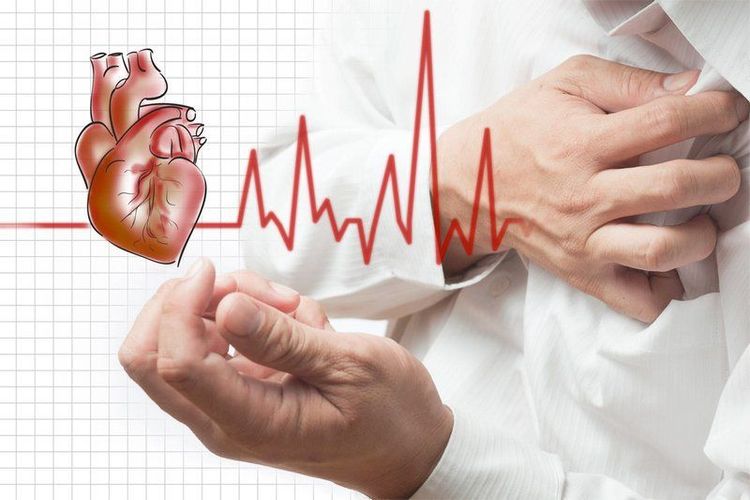
2. Surgical methods to treat heart failure
Surgery can treat some of the underlying causes of heart failure, such as coronary artery blockage, valvular heart disease, congenital heart disease, ventricular thickening, etc., or as an adjunct or alternative to other causes. incorrigible.2.1 Coronary artery bypass surgery This is the most common method in the treatment of heart failure caused by coronary artery disease, but during surgery, patients can face many different risks. Cardiology centers are now adopting new strategies to reduce risks before, during, and after surgery and improve prognosis for patients.
2.2 Valve replacement surgery Heart valve disease can be treated with traditional, endoscopic, minimally invasive heart valve surgery and percutaneous valve replacement interventions such as TAVI,...
2.3 Implantation of a ventricular assist device left This is the method used for patients who have not responded to other therapies and are hospitalized with severe left ventricular dysfunction. This device works to pump blood throughout the body, allowing the patient time to wait for the heart to recover or undergo heart transplant surgery when a suitable transplant is available. This method is also considered as a last resort when the patient is not suitable for a heart transplant.
2.4 Heart Transplant Cardiac transplantation is considered when patients with severe heart failure do not respond to the above measures.
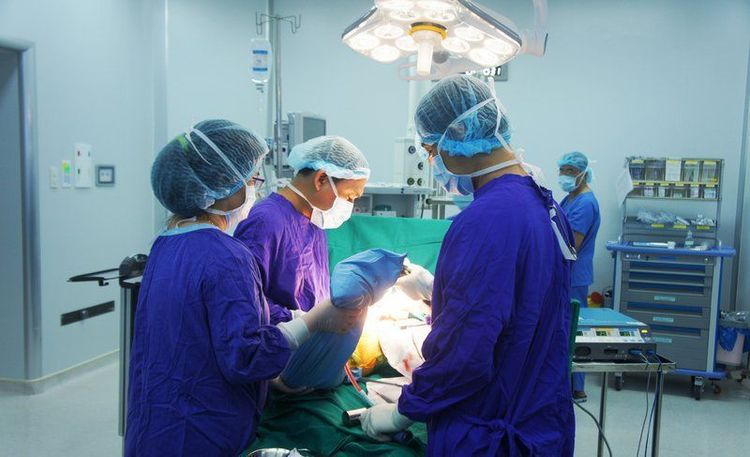
3. Patients need to be careful after treating heart failure with surgery
3.1 Exercise after heart failure surgery To avoid fluid stagnation in the lungs or the risk of infection, pleural effusion, the patient should practice deep breathing or cough up sputum. After surgery, the patient can do light activities, but the patient's condition is too poor, it is advisable to consult a doctor.After surgery, the patient is absolutely not active, especially during the period when the sternum is healing. Do not push and pull heavy objects, pull heavy doors, do not hold your breath when carrying heavy objects or defecation... To speed up the recovery process after surgery, patients should practice light exercises such as walking or climbing. go down the stair. For other activities, consult your doctor for an appropriate exercise plan. When walking, you should start from short, moderate steps, then gradually increase the intensity, when you feel tired, take a break, do not exercise too much. Going up and down stairs should be slow, avoid exertion, need to rest when feeling tired, maximum should only go up and down 2 flights of stairs at a time. For sex after heart surgery is also very careful. Should avoid positions that press on the chest, keep the heart rate from rising too high during activities, especially preoperative patients with heart failure. Should choose the right time to have sex after surgery, it is best when you are fully rested and relaxed, the body is not tired and stressed. If during sex you feel chest pain, shortness of breath, fatigue, you need to stop immediately to rest and recover. 3.2. Diet Prioritize foods that contain stanols, PUFAs, MUFAs from fruits, plants, green vegetables, nuts and whole grains that provide a lot of fiber that has the effect of lowering bad cholesterol. Reduce foods high in cholesterol. However, it is advisable to consult a cardiologist because of interactions with existing medications. Split meals, spaced from 2 to 3 hours, the amount of carbohydrates should only be loaded from sources such as vegetables and fruits. On a low-fat diet, the amount of fat provided per serving should not exceed 25%. Prioritize the use of natural fats. Avoid using red meat, use lean meat. Get extra protein by eating tofu, peanuts, and unsalted nuts. Avoid high-fat fried foods such as fast food, egg yolks, butter, and whole milk. Limit the use of eggs, cheese, shrimp and crab. Avoid foods that contain a lot of salt such as bacon, peanut butter, smoked salmon, spaghetti sauce, canned soup, etc. Stay away from tobacco, stimulants, and alcoholic beverages such as alcohol. beer.

Please dial HOTLINE for more information or register for an appointment HERE. Download MyVinmec app to make appointments faster and to manage your bookings easily.





